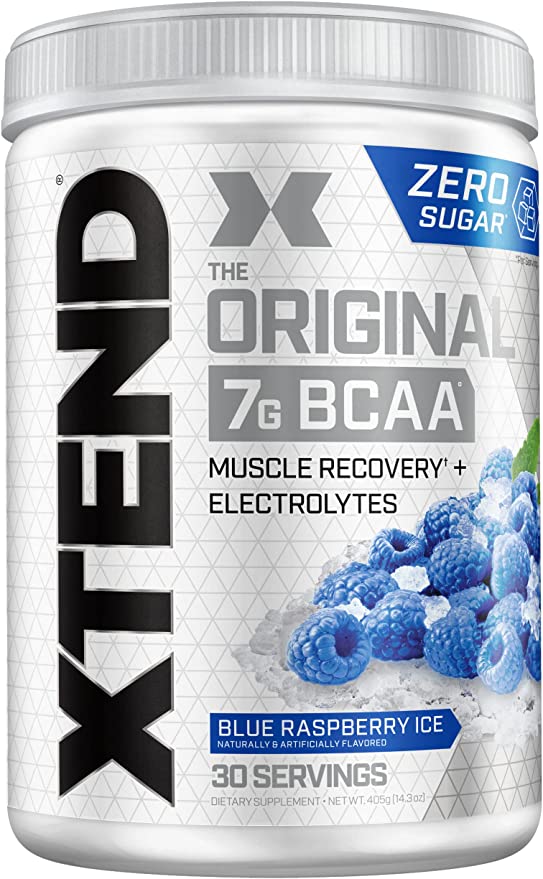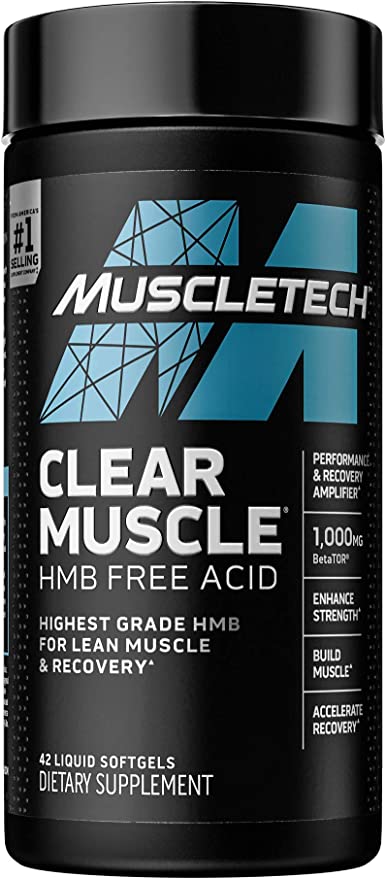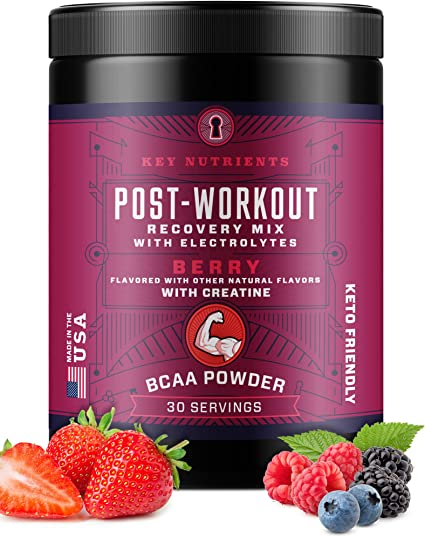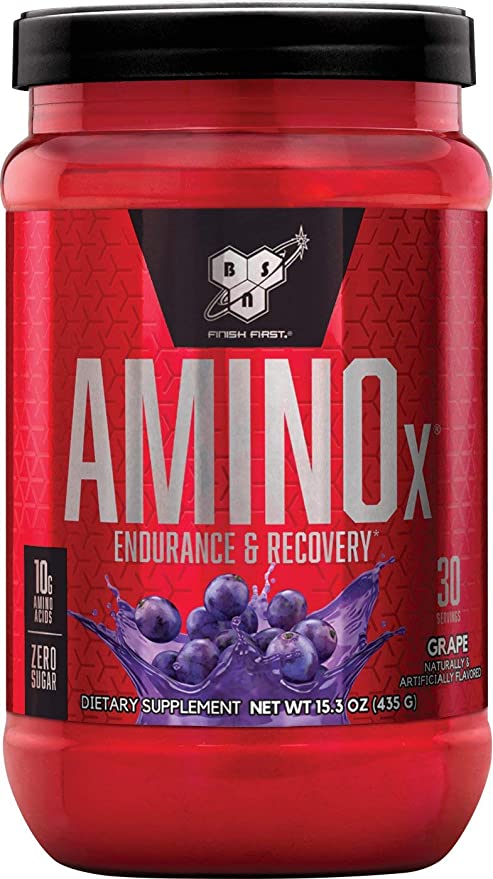In the pursuit of maximizing the benefits of your workout routine, a common question arises: Should you do cardio before or after weight training? This question has sparked debates and differing opinions in the world of fitness. In this article, we will tackle this topic from various angles and provide practical advice to help you make an informed decision. From physiological effects to training strategies, we will explore each essential aspect.
Table of Contents
- Introduction
- Benefits of Cardio Before Training 2.1. Fat Burning 2.2. Warm-Up 2.3. Increased Energy
- Benefits of Cardio After Training 3.1. Increased Strength 3.2. Weight-Focused Concentration 3.3. Avoiding Exhaustion
- The Significance of Order 4.1. Listen to Your Body 4.2. Personal Goals 4.3. Training Routines
- Practical Tips 5.1. Scheduling 5.2. Type of Cardio 5.3. Duration and Intensity
- Conclusion
- Frequently Asked Questions (FAQs) 7.1. Is it better to do cardio before or after weight training? 7.2. Can I do cardio and weight training on the same day? 7.3. What is the optimal duration for pre-workout cardio? 7.4. Should beginners prioritize cardio or weight training? 7.5. How can I prevent muscle loss when doing cardio after weights?
Now, let’s dive into each section to explore the topic comprehensively.

XTEND Original BCAA Powder Blue Raspberry Ice – Sugar Free Post Workout Muscle Recovery Drink with Amino Acids – 7g BCAAs for Men & Women – 30 Servings
1. Introduction
In the realm of fitness, understanding the timing of cardio in relation to weight training can significantly impact your results. This article aims to provide clarity on whether it’s more effective to engage in cardio before or after your weightlifting session.
2. Benefits of Cardio Before Training
2.1. Fat Burning
Many fitness enthusiasts opt for pre-workout cardio with the goal of enhancing fat burning during their weight training. When you engage in cardiovascular exercise before lifting weights, your body taps into its fat stores for energy, potentially leading to more efficient fat loss.
2.2. Warm-Up
Pre-workout cardio serves as an excellent warm-up routine. It gradually increases your heart rate and body temperature, preparing your muscles for the subsequent weightlifting session. This can help prevent injuries and improve overall workout performance.
2.3. Increased Energy
Cardiovascular exercise can boost your energy levels, making you feel more invigorated and alert before you start lifting weights. This can lead to better focus and intensity during your weight training.

Jacked Factory Growth Surge Creatine Post Workout – Muscle Builder with Creatine Monohydrate, Betaine, L-Carnitine L-Tartrate – Daily Muscle Building & Recovery Supplement – 30 Servings, Watermelon
3. Benefits of Cardio After Training
3.1. Increased Strength
Some individuals prefer to do cardio after their weightlifting session. This approach ensures that you have maximum energy and strength available for lifting weights, potentially allowing you to lift heavier and achieve greater gains in muscle mass.
3.2. Weight-Focused Concentration
By saving cardio for after weight training, you can prioritize your weightlifting routine without any residual fatigue from cardiovascular exercise. This can lead to improved concentration on your weightlifting exercises and form.
3.3. Avoiding Exhaustion
For those who find cardio particularly draining, doing it after weight training can prevent excessive fatigue during your strength-building exercises.
4. The Significance of Order
The order in which you perform cardio and weight training depends on several factors.
4.1. Listen to Your Body
Pay close attention to how your body responds to different sequences. Everyone is unique, and what works best for one person may not be suitable for another.
4.2. Personal Goals
Your fitness goals also play a crucial role. If fat loss is a primary objective, pre-workout cardio may be beneficial. If strength and muscle gain are your focus, post-workout cardio might be more suitable.
4.3. Training Routines
Consider your overall training routine. Some training programs, such as circuit training, incorporate both cardio and weightlifting in a single session. In such cases, the order may be predetermined.

MuscleTech Clear Muscle Post Workout Recovery | Muscle Builder for Men & Women | HMB, Sports Nutrition & Muscle Building Supplements, 42 ct
5. Practical Tips
To make an informed decision, consider the following tips:
5.1. Scheduling
Plan your workouts according to your daily schedule and preferences. Some people prefer early morning cardio, while others opt for evening weight training.
5.2. Type of Cardio
Choose a cardiovascular exercise that aligns with your goals and preferences. Options include running, cycling, swimming, or using cardio machines at the gym.
5.3. Duration and Intensity
Adjust the duration and intensity of your cardio workouts based on your fitness level and goals. High-intensity interval training (HIIT) is a time-efficient option for fat burning.
6. Conclusion
In the debate of cardio before or after weight training, there is no one-size-fits-all answer. The ideal approach varies from person to person and depends on individual goals and preferences. Experiment with both methods and pay attention to how your body responds. Ultimately, consistency in your fitness routine is key to achieving your desired results.

Post Workout BCAA Powder – Post Workout Recovery Drink – Muscle Recovery & Muscle Builder for Men & Women – Workout Supplement for Men, Muscle Recovery Supplements, Creatine Protein Powder
7. Frequently Asked Questions (FAQs)
7.1. Is it better to do cardio before or after weight training?
The answer depends on your goals. If fat loss is your priority, consider doing cardio before weight training. For muscle gain and strength, cardio after weight training may be more suitable.
7.2. Can I do cardio and weight training on the same day?
Yes, you can combine both forms of exercise on the same day. However, proper scheduling and recovery are essential to avoid overtraining.
7.3. What is the optimal duration for pre-workout cardio?
The optimal duration varies but typically ranges from 15 to 30 minutes. Adjust it based on your fitness level and the intensity of your weightlifting session.
7.4. Should beginners prioritize cardio or weight training?
Beginners can benefit from a balanced approach that includes both cardio and weight training. Start with a routine that suits your fitness level and gradually increase the intensity.
7.5. How can I prevent muscle loss when doing cardio after weights?
To prevent muscle loss, ensure that your post-weight training cardio sessions are of moderate intensity and not excessively long. Maintain a balanced diet with adequate protein intake as well.

BSN Amino X Muscle Recovery & Endurance Powder with BCAAs, 10 Grams of Amino Acids, Keto Friendly, Caffeine Free, Flavor: Grape, 30 Servings
